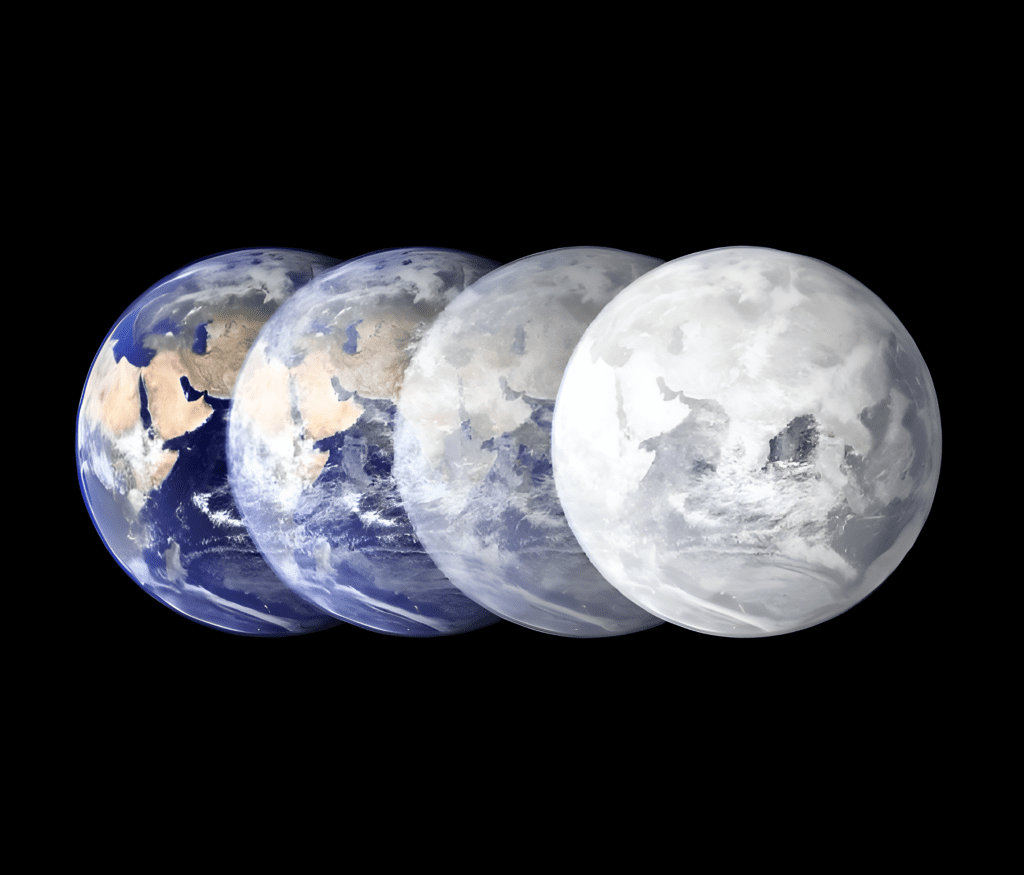The article discusses recent research on Earth’s ice age cycles, which have historically followed a predictable pattern influenced by subtle changes in the planet’s orbit over the past 2.5 million years. The last major glaciation ended approximately 11,700 years ago, and researchers now suggest that another ice age could arrive in about 10,000 years, based on a study that analyzed climate records and deep-sea temperatures. The findings indicate that major climate changes are not random but are tied to orbital shifts.
However, the team’s predictions are complicated by human-induced climate change, particularly carbon dioxide emissions, which disrupt the natural ice age cycle. While researchers continue to work on refining their climate models, they emphasize that understanding these cycles is crucial for predicting future climate conditions and highlights the impact that human activities have on long-term climate health. The study underscores a significant advancement in our ability to forecast climatic changes over the next 10,000 to 20,000 years.
Source link


